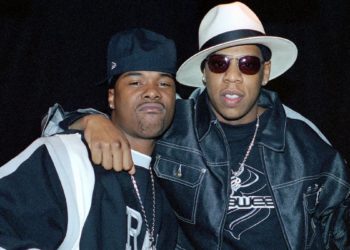One by one, the angry residents who had packed the council chambers on Monday night in Palmetto Bay, Fla., stepped to the podium to express their disgust over online comments that a councilman, Stephen Cody, had made about Charlie Kirk.
One man called Mr. Cody’s comments “vile.” Another called them “abnormal and dangerous.” A third man said that the councilman’s Facebook post, which went up a few hours after Mr. Kirk was fatally shot in Utah, “smells like it came out of the pit of hell.”
All three wanted Mr. Cody to resign from office. If that did not happen, a fourth speaker said, “We’ll come after him.” While he did not intend to harm Mr. Cody, he added, “He’s not going to have a very nice life while he’s living here.”
The most contentious civic matters anyone had anticipated this month in Palmetto Bay, a prosperous Miami suburb of 25,000, involved the tax rate and the details of a contract to manage a municipal pickleball facility. But in the last few days, Palmetto Bay, like many communities around the country, has been consumed by the wave of ferocious indignation directed at people who declared their lack of remorse about Mr. Kirk’s death or merely took issue with things he had said or believed.
Campaigns have been mounted to publicly shame these critics, and in many cases to get them fired from jobs or expelled from schools — a conservative version of the cancel culture that only a few years ago was wielded by the American left. Those facing repercussions — more than 100 people, according to one analysis — include police officers, students, medical professionals, public schoolteachers and university professors.
The post He Wrote a Biting Post About Charlie Kirk. The Fury Came Fast. appeared first on New York Times.




